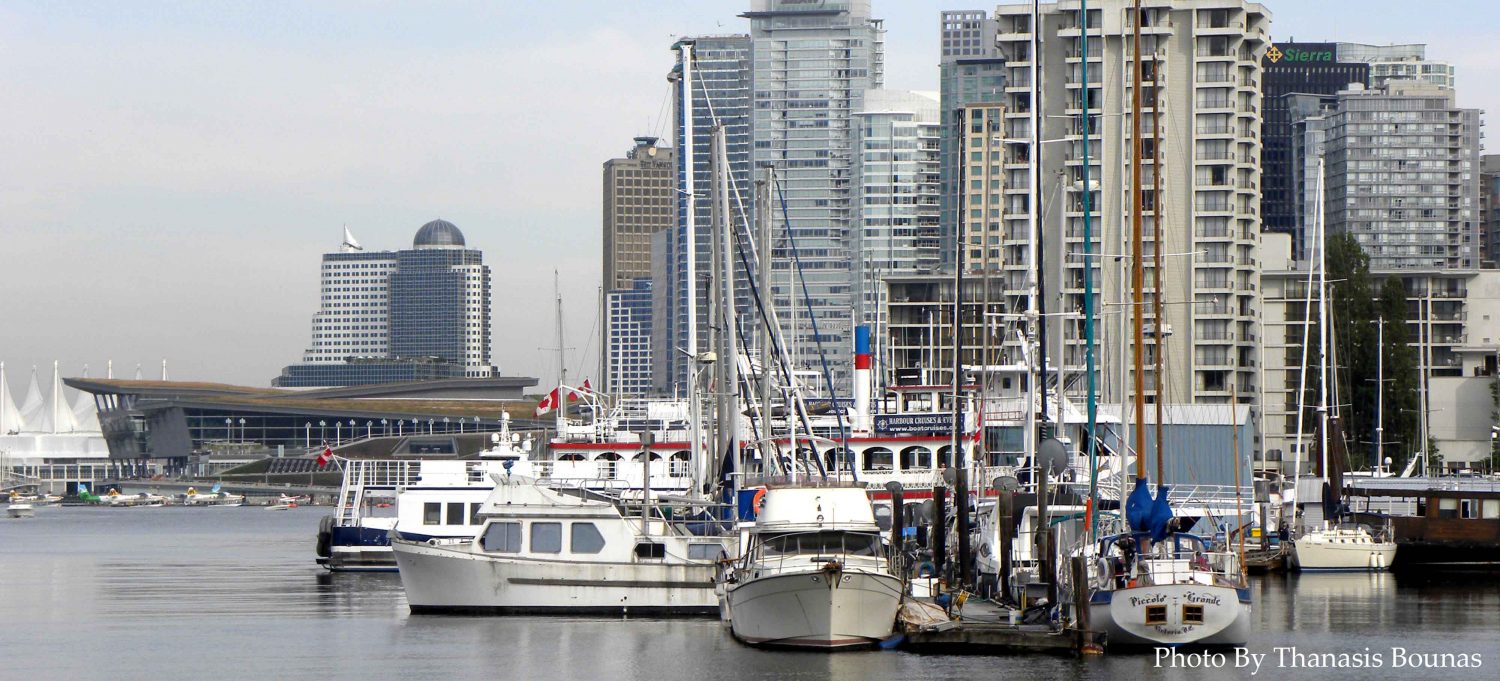
Where Roads Tell Stories
In British Columbia, Canada, roads are more than lines of asphalt — they are threads of memory.
From the earliest trails carved by Indigenous nations to the highways that now weave through mountains and coastlines, every path carries history.
The British Columbia car history begins not with engines, but with journeys — with people moving through land, trading, visiting, returning home.
The car, in this landscape, became another way of belonging.
The Indigenous Foundations
Long before cars, the routes across British Columbia were shaped by the movement of Indigenous peoples.
Their pathways followed rivers, ridges, and valleys, connecting communities through respect and reciprocity.
When modern roads later traced these ancient trails, they carried forward not just geography but story — a continuity of movement and meaning.
In many ways, the province’s highways echo those first footsteps.

Immigrant Craft and the Car’s Arrival
The rise of the automobile in British Columbia brought waves of innovation, industry, and adaptation.
Immigrant workers — machinists, painters, welders — shaped the car culture that would define much of the 20th century.
Garages became hubs of craftsmanship, where accents, tools, and traditions blended like colors on a canvas of steel.
Each polished fender reflected both labor and legacy.
The Beauty of Painted Steel
The “painted steel” of this story is more than metal — it’s art born of resilience.
From custom bodywork to roadside murals, the car became a symbol of pride and identity.
Communities of immigrants infused the local industry with skill, patience, and vision, transforming utility into beauty.
Under the moonlight, a parked car could gleam like a sculpture — industrial, yet human.

A Shared Road
British Columbia’s car story is one of connection.
Highways link fishing villages to cities, forests to ports, and cultures to one another.
From Indigenous traders to modern commuters, the motion remains the same — a rhythm of exchange, exploration, and endurance.
Every journey carries traces of those who came before.
The Modern Legacy
Today, as British Columbia transitions toward sustainable transport, echoes of this shared history endure.
Electric cars glide where steamships once docked, and Indigenous and immigrant communities continue to shape the province’s innovation.
The steel may look different, but the hands that build and the roads that connect still tell the same story — of respect, effort, and unity.

In Summary
Moonlight on Painted Steel: Immigrant Craft and Indigenous Routes in B.C.’s Car Story reflects the intertwined legacy of land, labor, and motion that defines British Columbia car history.
It’s a reminder that technology is never separate from culture — it’s born from it.
To see a car glint beneath the moonlight here is to glimpse the spirit of British Columbia, Canada — reflective, resilient, and forever on the move.

Be the first to comment